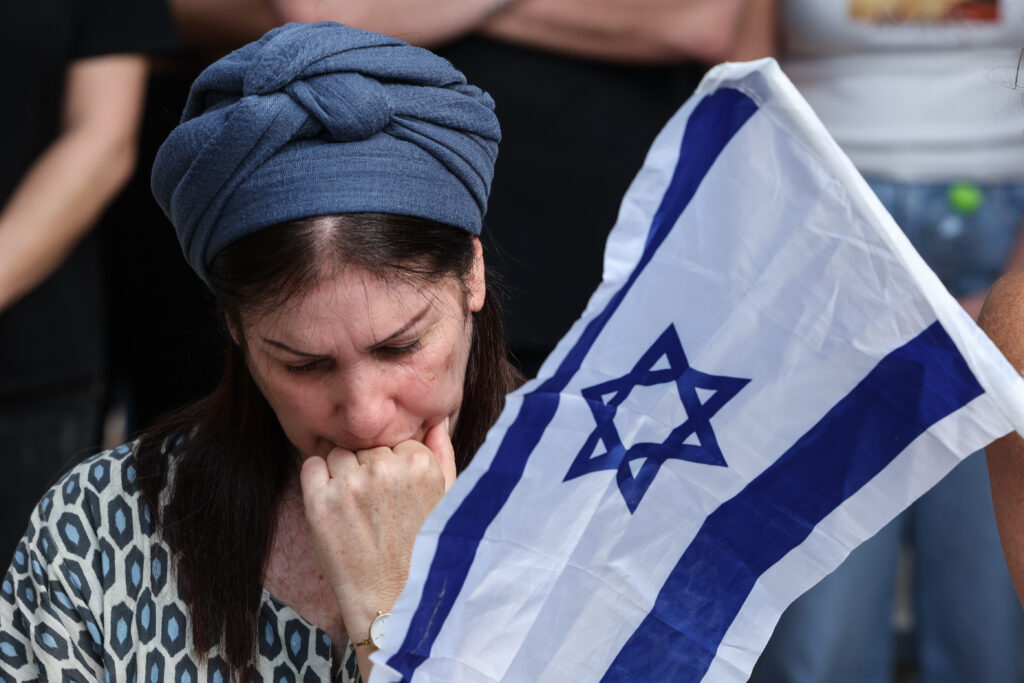Syrian president arrives in US for landmark visit
Syria’s President Ahmed al-Sharaa arrived in the United States on Saturday for a landmark official visit, his country’s state news agency reported, a day after Washington removed him from a terrorism blacklist.Sharaa, whose rebel forces ousted longtime ruler Bashar al-Assad late last year, is due to meet US President Donald Trump at the White House on Monday.It’s the first such visit by a Syrian president since the country’s independence in 1946, according to analysts.The interim leader met Trump for the first time in Riyadh during the US president’s regional tour in May.US envoy to Syria Tom Barrack said earlier this month that Sharaa would “hopefully” sign an agreement to join the international US-led alliance against the Islamic State (IS).The United States plans to establish a military base near Damascus “to coordinate humanitarian aid and observe developments between Syria and Israel”, a diplomatic source in Syria told AFP.The State Department’s decision Friday to remove Sharaa from the blacklist was widely expected.State Department spokesman Tommy Pigott said Sharaa’s government had been meeting US demands including on working to find missing Americans and on eliminating any remaining chemical weapons.”These actions are being taken in recognition of the progress demonstrated by the Syrian leadership after the departure of Bashar al-Assad and more than 50 years of repression under the Assad regime,” Pigott said. The spokesman added that the US delisting would promote “regional security and stability as well as an inclusive, Syrian-led and Syrian-owned political process.”- Transformation -Sharaa’s Washington trip comes after his landmark visit to the United Nations in September — his first time on US soil — where the ex-jihadist became the first Syrian president in decades to address the UN General Assembly in New York.On Thursday, Washington led a vote by the Security Council to remove UN sanctions against him.Formerly affiliated with Al-Qaeda, Sharaa’s group, Hayat Tahrir al-Sham (HTS), was delisted as a terrorist group by Washington as recently as July.Since taking power, Syria’s new leaders have sought to break from their violent past and present a moderate image more tolerable to ordinary Syrians and foreign powers.The White House visit “is further testament to the US commitment to the new Syria and a hugely symbolic moment for the country’s new leader, who thus marks another step in his astonishing transformation from militant leader to global statesman,” International Crisis Group US program director Michael Hanna said.Sharaa is expected to seek funds for Syria, which faces significant challenges in rebuilding after 13 years of brutal civil war.In October, the World Bank put a “conservative best estimate” of the cost of rebuilding Syria at $216 billion.


